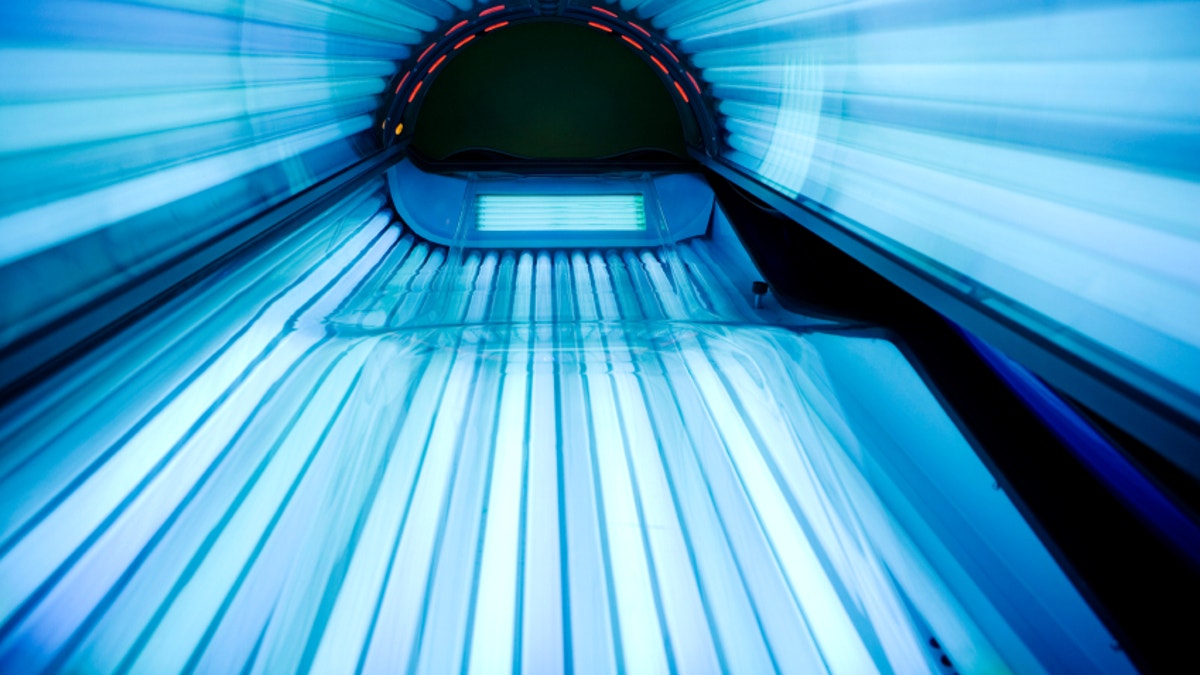
Up to half of the apartment housing in close range of two Texas Universities offers free on-site indoor tanning, according to a new survey.
Most of the apartment employees interviewed for the survey also reported that minors are allowed to use the tanning facilities, which is outlawed under Texas Administrative Code, the researchers report in JAMA Dermatology.
Researchers used google.com, apartmentguide.com, collegestudentapartments.com and daftlogic.com to find apartments within a five-mile radius of The University of Texas at Austin (UT Austin) and Texas A&M University (TAMU) campuses.
Over the summer of 2014, Diana Bartenstein of Tufts University School of Medicine in Boston called 96 apartments to ask how many students lived in the building, whether free tanning was available and if a 17-year old would be allowed to tan there.
Half of apartments within a mile of the UT Austin campus and nearly a third of those within a mile of TAMU had free on-site indoor tanning. Within the full five-mile radius, more than 10,000 students near each campus had access to these tanning facilities.
Some apartments allowed minors to use the tanning facilities without parental consent, and about half allowed it with parental consent, according to the personnel who answered the phone. Only one person near UT Austin and one person near TAMU knew that minors were not legally allowed to use the facilities.
“When students go to college they are exposed to a plethora of risk behaviors,” Bartenstein and colleagues write. “We can now add indoor tanning to this list.”
A 2014 study found that for half of the top 125 colleges listed in U.S. New and World Report, indoor tanning is available on campus or in off-campus housing.
Since these apartments were not located on the college campus, the universities likely have no say in their amenities, according to Lisa Quale, a senior health educator at the Skin Cancer Institute at the University of Arizona Cancer Center in Tucson.
Though tanning may be offered for free to tenants, the cost is incorporated into the rent, so it does make money for the housing facility, she told Reuters Health by email.
“I believe it is becoming more common because it is a big money maker,” said Quale, who was not part of the new study. “Plus, the promise of ‘free’ tanning beds is probably a great sales tactic.”
Ultraviolet radiation from the sun and from tanning beds causes cancer, and currently the only way to prevent adults from using tanning beds is to educate them about the dangers, she said.
“Right now, we only have laws that protect minors,” Quale said. “My hope is that someday, tanning beds will be outlawed in the United States altogether.”
